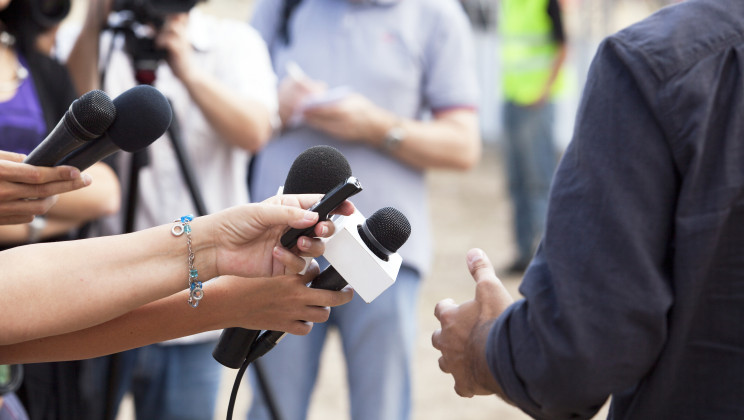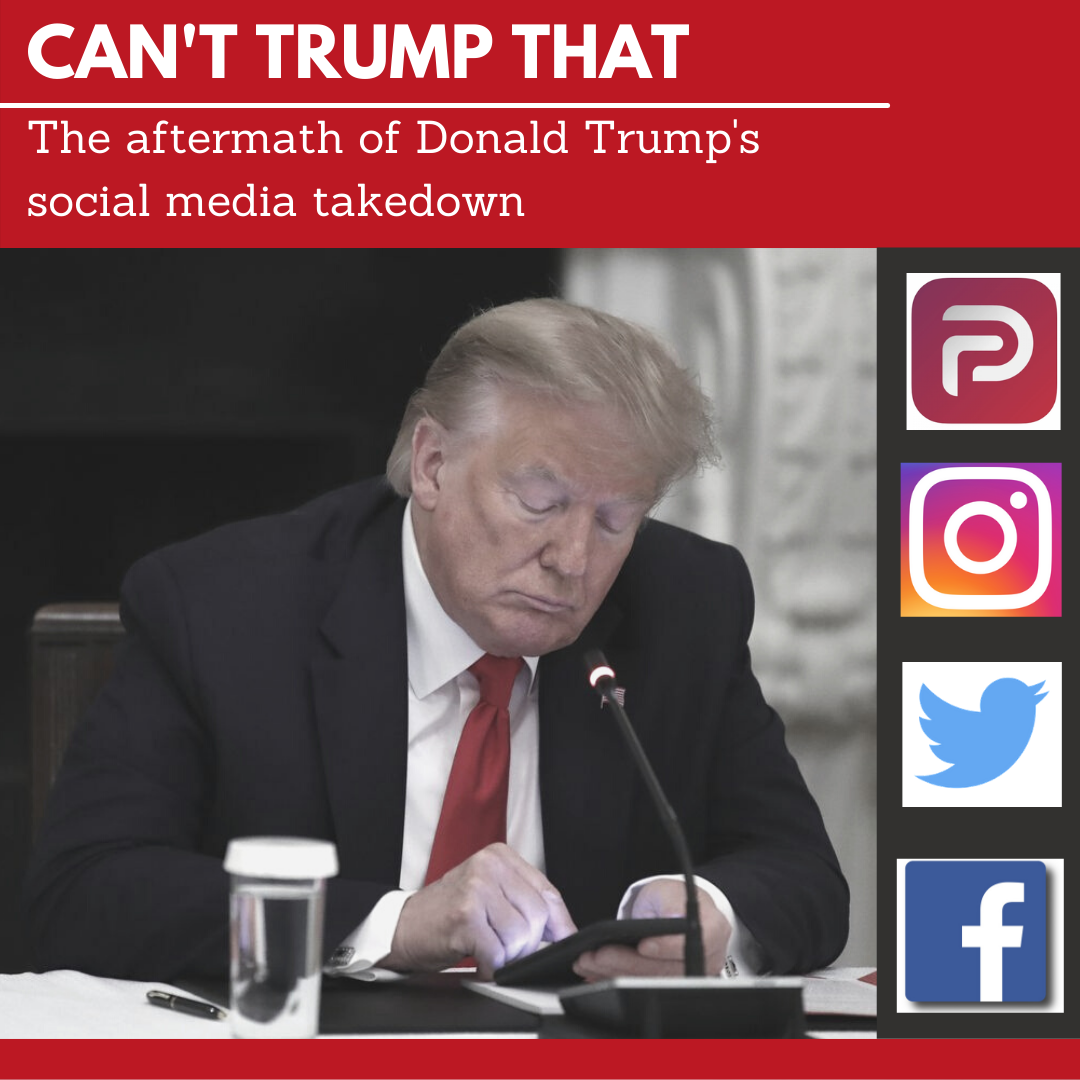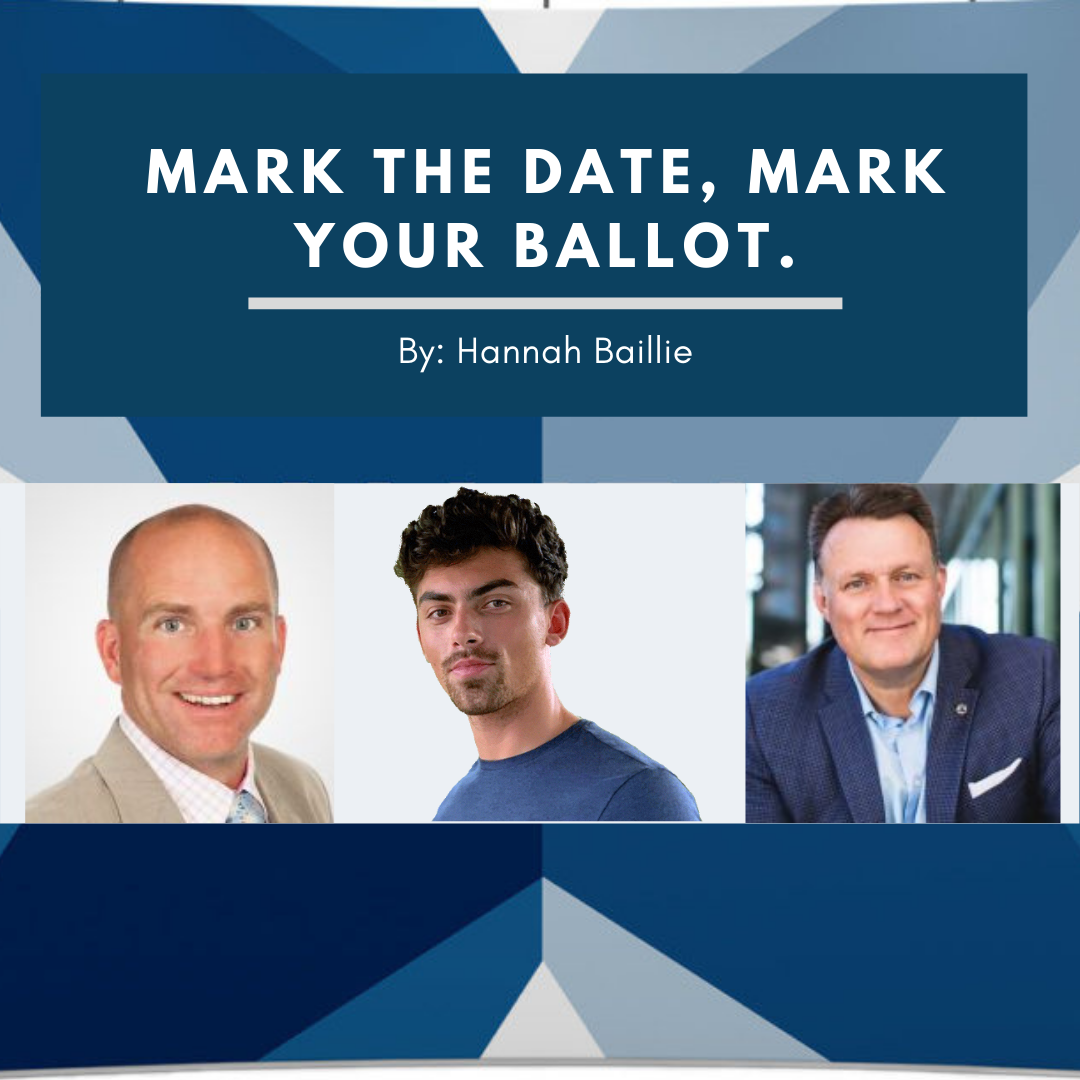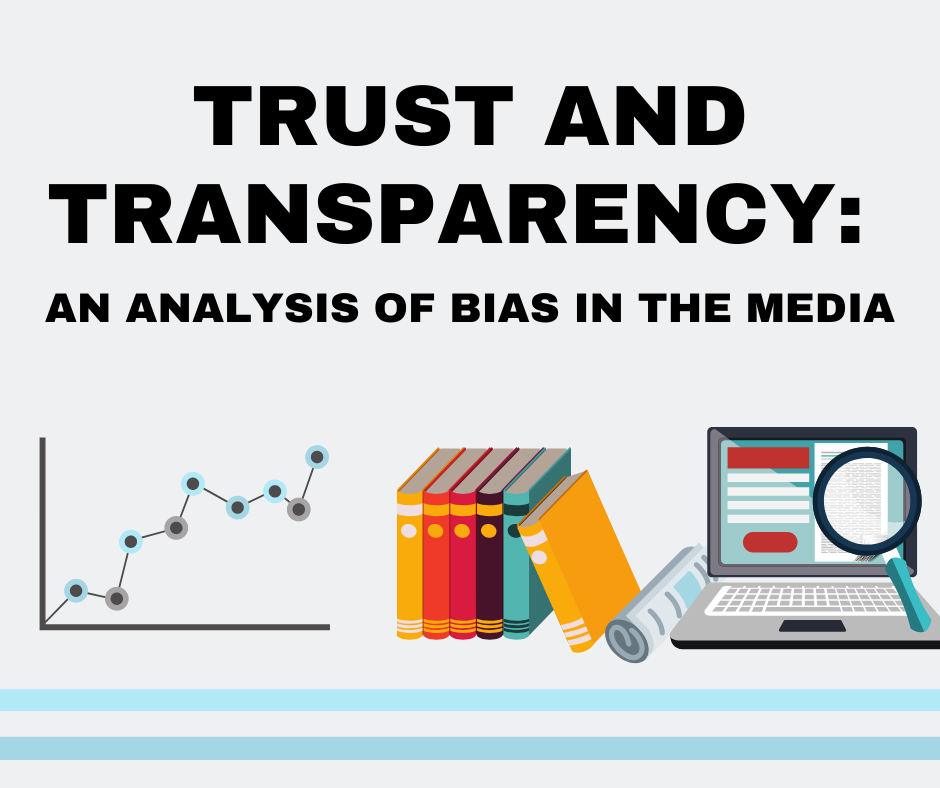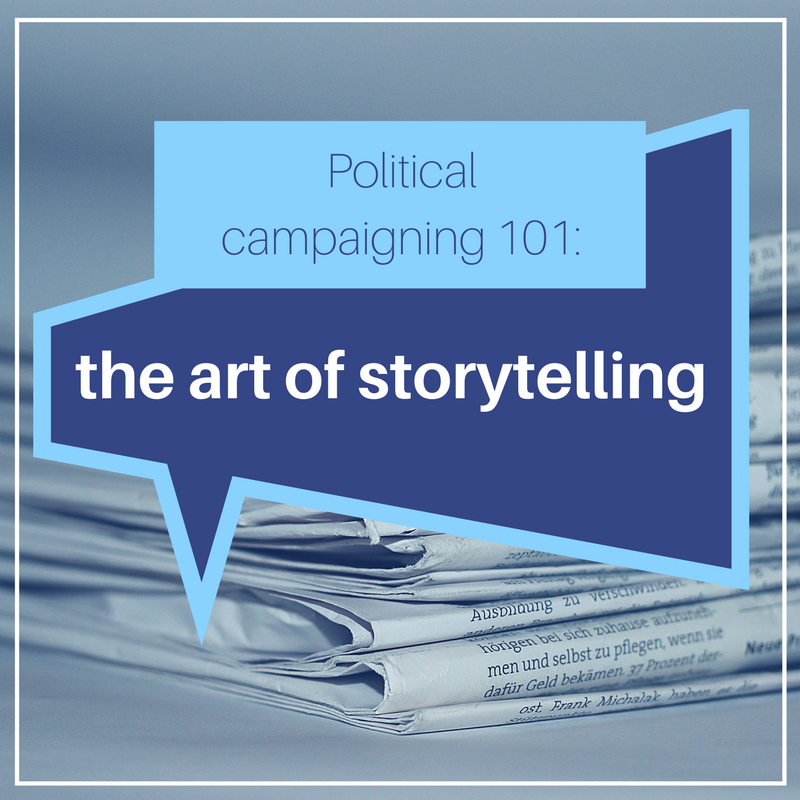Annie McKitrick
Seven countries, five days, four students, one base; I knew getting into something big, but what I got out of the experience exceeded my expectations.
From Monday, Sept. 8 to Friday, Sept. 12, 2014, the 12th Annual Multilateral War Games took place at the Statacona Base in Halifax, N.S. Every year, Argentina, Brazil, Canada, Chile, Mexico, Peru and the United States, attend the games and simulate scenarios such as acts of terrorism and natural disasters. The countries rotate hosting duties, and lessons learned are developed at the end of each conference to ensure the next year’s can be more effective.
This year, for the first time in War Games history, students were invited to participate as members of the media. My professor, Tim Dunne selected myself and three other MSVU public relations (PR) students to attend. We conducted interviews, prepared news releases and other documents.
As a third year PR student, the bulk on my experience comes from course work and co-ops. This event provided me with knowledge and experience you cannot get from class. Not only do I have a broader knowledge of media simulation and public relations, but also of the Navy and their role in protecting our country. Seeing countries come together to practice realistic scenarios also gave me a new perspective on international relations.
Several participants admitted to being shy on the first day because media presence can be nerve-racking. However, after mingling at the wine and cheese party, the participants became more comfortable and the media interviews we conducted went well.
“[These annual War Games provide] me with a wide array of experiences and increases my level of knowledge,” said the captain from Argentina whom I had the chance to interview. “This type of war games, in my experience, increases the level of cooperation among nations and it provides an opportunity for nations to interact with each other in order to enable them to act more efficiently.”
The experience was beneficial for us as students and for the participants we interviewed. We used our knowledge from classwork and previous work experience to make the exercise realistic. The participants underwent media training in preparation for high-pressure scenarios. It was a win-win.
As a PR student, the skills I developed from volunteering will be beneficial throughout my studies and work terms. By conducting interviews I learned to hold a conversation and ask questions as fitting to answers. I also learned that it is crucial to never state your opinion during an interview; you are not speaking for yourself, but representing your organization, their values and their reputation.
With my improved PR skills also came a newfound respect for and understanding of the Canadian Navy. Throughout the week I was able to develop my communications skills and learn about customs in different countries, including Canada. I’m thankful for the service of men and Canadian women and for the opportunity to help the Canadian Navy with their missions.

